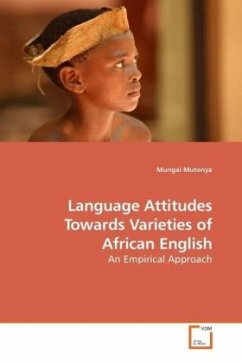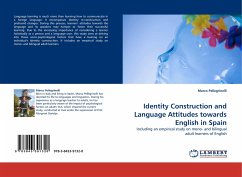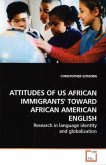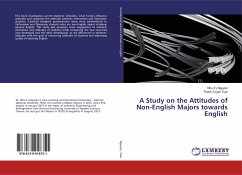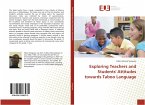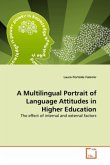Language attitude studies in Sub-Saharan Africa have often relied on qualitative methods to determine societal attitudes towards prestigious forms of speech. This book departs from tradition by utilizing empirical methods to analyze attitudes towards heavily- and weakly-accented varieties of African Englishes. Cognizant of the inherent sociolinguistic complexities in densely multilingual African societies, the author holds dialectal factors as homogeneous as possible, tailors traditional tools of attitudinal research to suit an African context, and measures responses towards East, West,and Southern African Englishes. Sampling and analytical techniques such as matched guise technique and factor analysis are outlined meticulously in an effort to tease out underlying attitudes. The findings show a diversity of attitudes based on regional affiliations and accentedness. Illustrated with several figures and tables, this book will be stimulating and valuable to readers interested in Africa, sociolinguistics, language contact, language variation, and the linguistic complexities of multilingual societies.
Bitte wählen Sie Ihr Anliegen aus.
Rechnungen
Retourenschein anfordern
Bestellstatus
Storno

